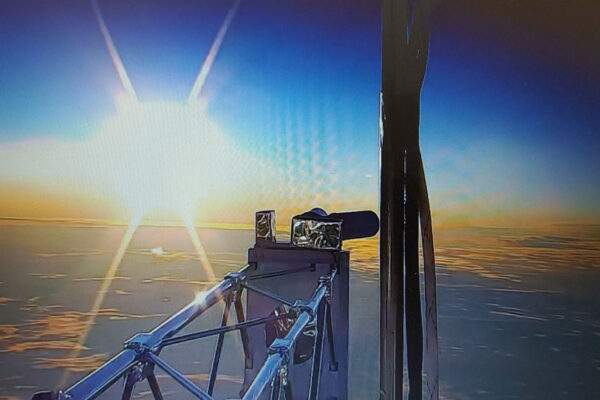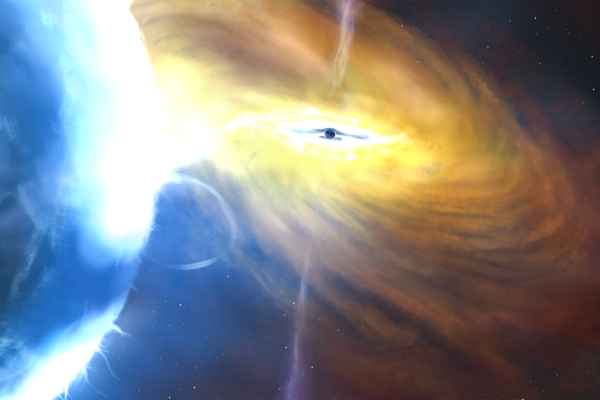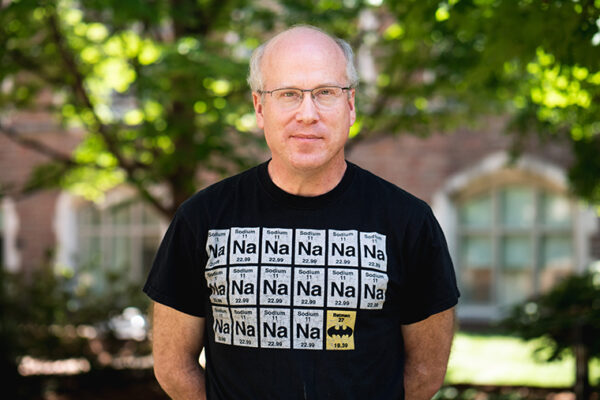Tansu Daylan, an assistant professor of physics in Arts & Sciences at Washington University in St. Louis, was selected by NASA to join the Ultraviolet Transient Astronomy Satellite (ULTRASAT) science team. Daylan, a faculty fellow of the McDonnell Center for the Space Sciences, is one of 14 U.S.-based researchers pursuing science investigations that will contribute to ULTRASAT, Israel’s first space telescope mission, which is expected to launch in 2026.
Daylan’s team will develop a data analysis and modeling pipeline for the ULTRASAT mission to detect and characterize brief increases in stellar brightness, known as stellar flares. Cataloging these flares across different types of stars will enable novel investigations into the magnetic activity of stars and improve the census of space weather beyond our solar system.
Daylan also plans to use ULTRASAT’s deep and wide-field near-UV observations to model atmospheric escape and assess planetary habitability around low-mass stars.
Read more on the McDonnell Center for the Space Sciences website.



Comments and respectful dialogue are encouraged, but content will be moderated. Please, no personal attacks, obscenity or profanity, selling of commercial products, or endorsements of political candidates or positions. We reserve the right to remove any inappropriate comments. We also cannot address individual medical concerns or provide medical advice in this forum.